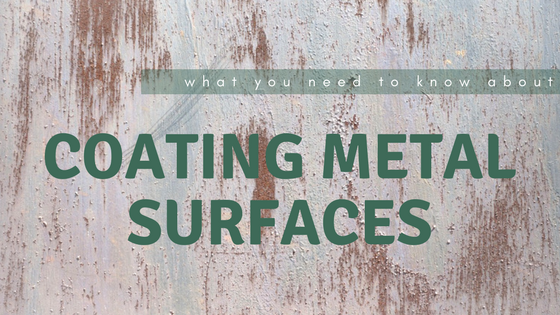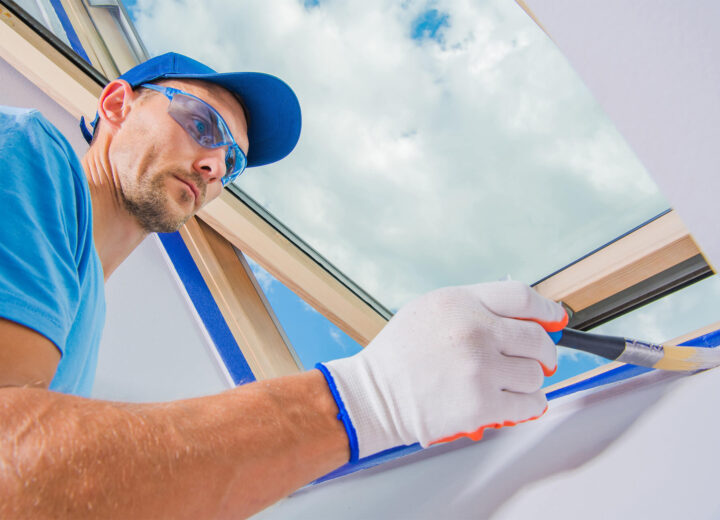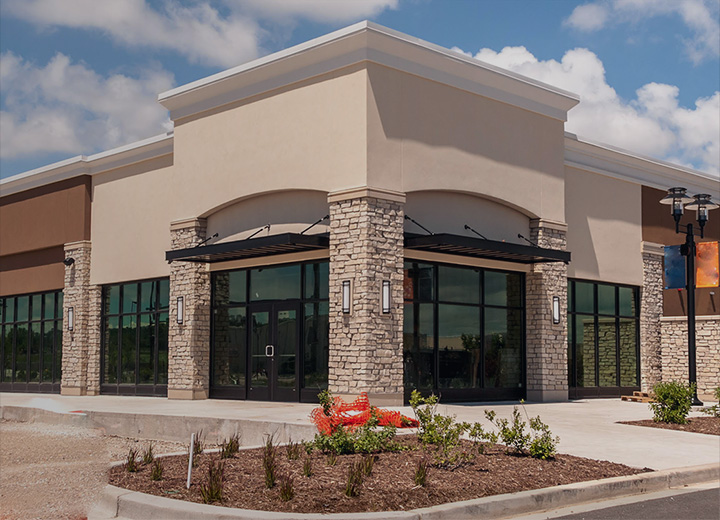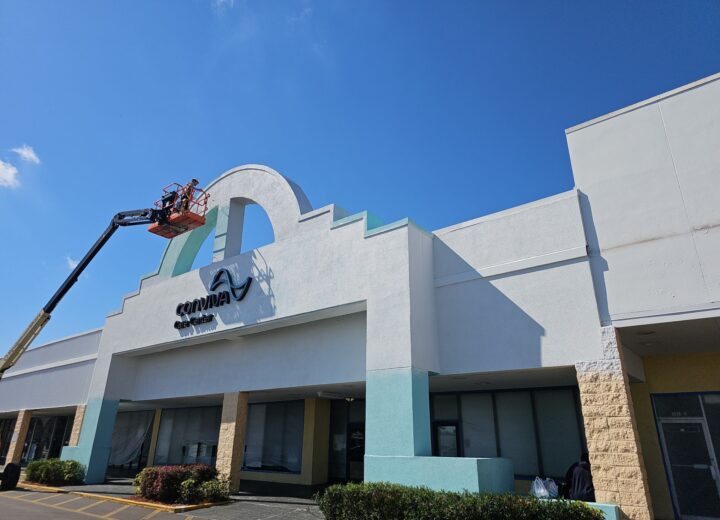
When it comes to metal surfaces, industrial painters indicate three fundamental conditions for a high-quality and durable paint job: 1) the degree of surface preparation before painting must be done according to the condition of the substrate and coating requirements; 2) metal coatings need to be specified based on the purpose of each commercial or industrial painting project; 3) coating systems must be applied according to manufacturers’ instructions and industry-specific standards, such as ASTM standards.
Since we have already talked about metal preparation in a previous post, let’s look at a few essentials business professionals should know before coating metal surfaces.
Selecting the Right Paint Coatings
Metals corrode or rust only in the presence of oxygen and water/moisture. The corrosion or rusting processes can be accelerated by specific factors, such as acid rain, high temperature, salinity, chlorides, and sulfur dioxide.
To protect metal surfaces from all these corrosives and environmental factors, industrial painters use a wide assortment of coating systems. When the right coating products are specified, the result is a long-lasting finish that meets the requirements of industrial and commercial painting projects, and complies with the latest environmental rules and regulations.
Conventionally, coating systems for metals consist of a primer, an undercoat, and a finish coat. Industrial painters typically prime surfaces with corrosion-inhibiting primers in order to minimize corrosive attacks and improve the adhesion between the substrate and subsequent coats of paint. Undercoats are often used to build film thickness and decrease the permeability of metal coatings to corrosives. Finish coats and protective sealants provide the first line of defense against the environmental factors and chemicals that can cause metals to rust or corrode.
Additionally, a series of standards have been created to indicate the time to first maintenance (TFM) for hot-dip galvanized coatings, according to the type of environment and related corrosivity. Performing paint maintenance activities based on the TFM can improve the performance of paint systems. This, in turn, will maintain the integrity of metal structures and components even in the most aggressive environments.
Specifying Film Thicknesses
Besides choosing the right coating products for industrial painting projects, industrial painters also need to specify the film thickness for each component.
For the best results to be achieved, structural steelwork, bridge structures, and other metal components are pre-treated with corrosion-inhibiting primers and moisture-resistant repellents in factory-controlled environments. Then, metal structures and components are painted again on site to deliver the film thickness required. In general, the film thickness is directly proportional to the weathering resistance, corrosion protection, and life span of metal coatings.
Considering the Environmental Effects of Painting Operations
Some common concerns associated with painting operations include air and water pollution, occupational and public safety, and disposal of contaminants. Professional painters ensure compliance with the rules and regulations that govern the painting industry by verifying that paint materials conform to specifications, selecting the most suitable equipment and tools for each job, and choosing the right methods for containing and disposing hazardous waste and leftover paint.
Furthermore, industrial painters always consider weather and temperature limitations. Painting should not take place if the temperature is below 40°F or above 85°F, if it’s raining, foggy, excessively windy, or if there is the propensity for condensation to form on the surfaces to be painted.
At Performance Painting Contractors, we stand behind every paint job our painting crews complete. Our in-house painters are factory-trained, certified, and experienced in metal restoration and application of a wide variety of metal coatings. To get in touch with our professionals today, please call us directly at (904)-641-4800 or (813)-308-0388.






